Service dogs are more than just pets—they are highly trained companions who provide invaluable assistance to individuals with disabilities, making daily life more manageable. These hardworking animals deserve the best care and attention to keep them healthy, happy, and ready to perform their duties. In this article, we’ll cover everything you need to know about treating and maintaining a service dog.
1. Understand the Role of a Service Dog
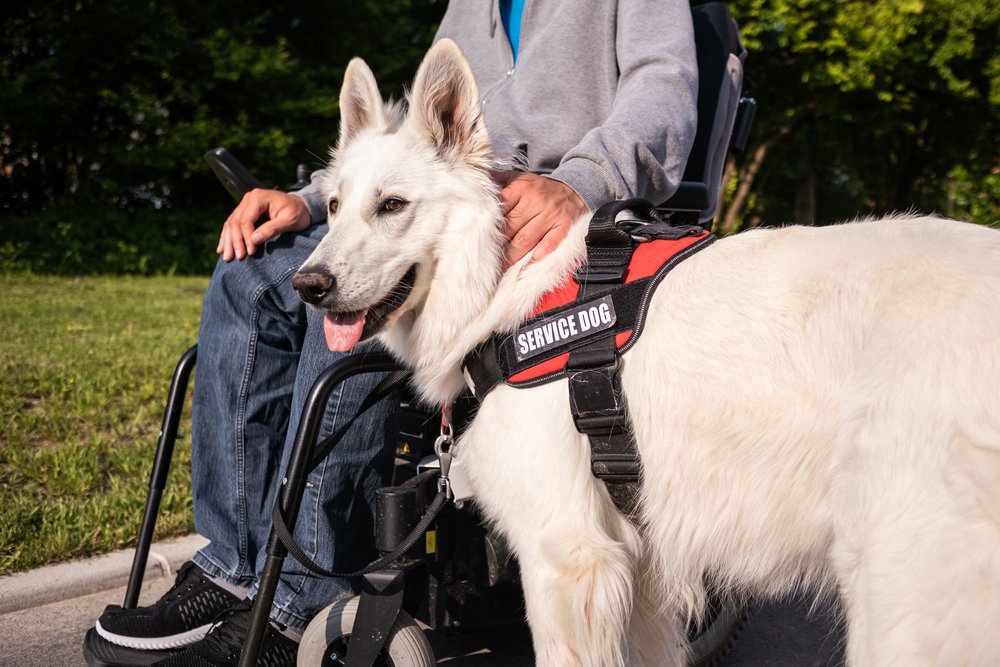
Service dogs are trained to perform specific tasks that aid individuals with disabilities. From guiding the visually impaired to detecting medical conditions like seizures or low blood sugar, these dogs are essential for their handler’s independence and safety. Understanding their role helps foster respect and strengthens the bond between you and your service dog.
2. Provide Proper Nutrition for Optimal Health
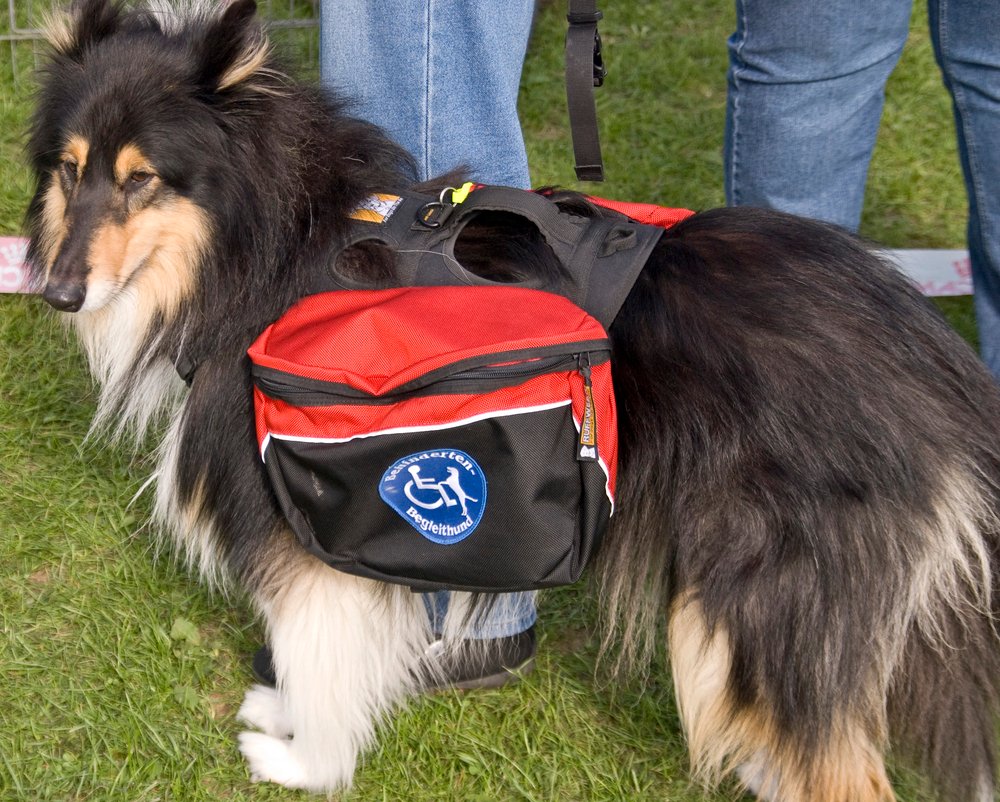
A balanced diet is critical for a service dog’s well-being. Feed your dog high-quality commercial dog food or vet-approved homemade meals that cater to their specific needs. Avoid harmful foods like chocolate, grapes, or onions, which can be toxic to dogs. Regularly monitor their weight and adjust portion sizes as recommended by your veterinarian.
3. Schedule Regular Veterinary Checkups

Routine vet visits are vital to ensure your service dog remains in top health. Annual vaccinations, parasite prevention, dental cleanings, and regular health screenings are crucial. If your dog shows any signs of discomfort, illness, or behavioral changes, don’t delay seeking professional advice.
4. Keep Your Service Dog Physically Fit
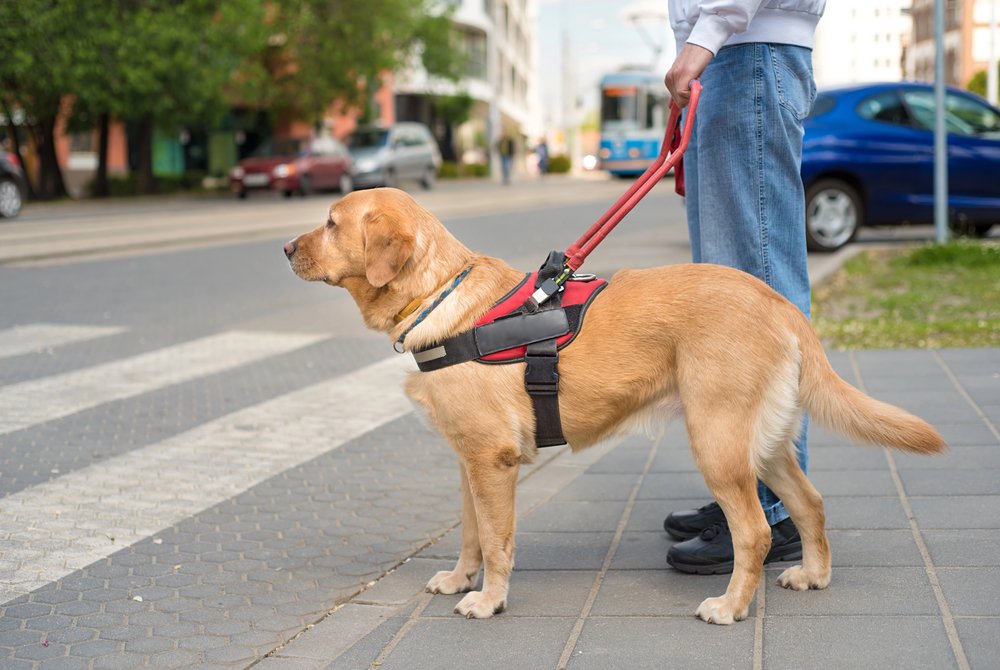
Service dogs are active by nature, and maintaining their physical fitness is essential for their ability to perform. Daily walks, playtime, and task-related training exercises keep their bodies strong and agile. Tailor their exercise routine to their breed, age, and health condition.
5. Practice Mental Stimulation and Enrichment
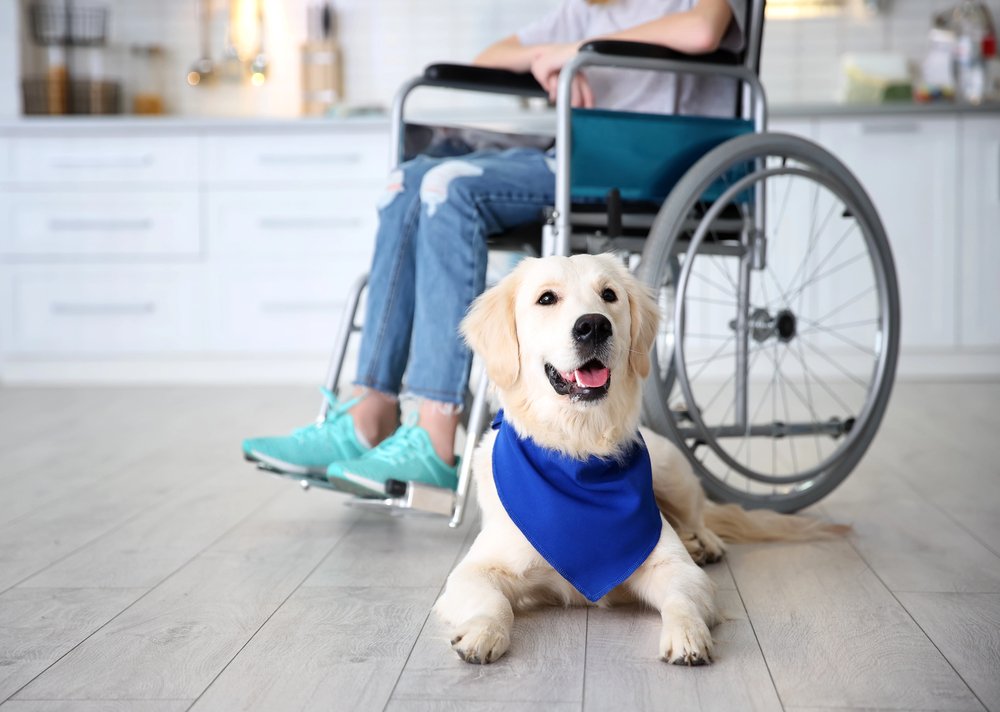
Service dogs require mental stimulation to stay sharp and focused. Puzzle toys, scent games, and advanced training activities challenge their minds and reinforce their skills. These activities also help prevent boredom, which can lead to behavioral issues.
6. Maintain Proper Grooming and Hygiene

Regular grooming keeps your service dog comfortable and healthy. Brush their coat to prevent matting, bathe them as needed, and trim their nails to avoid overgrowth. Don’t forget to clean their ears and brush their teeth to prevent infections and dental disease.
7. Respect Their Need for Rest and Downtime
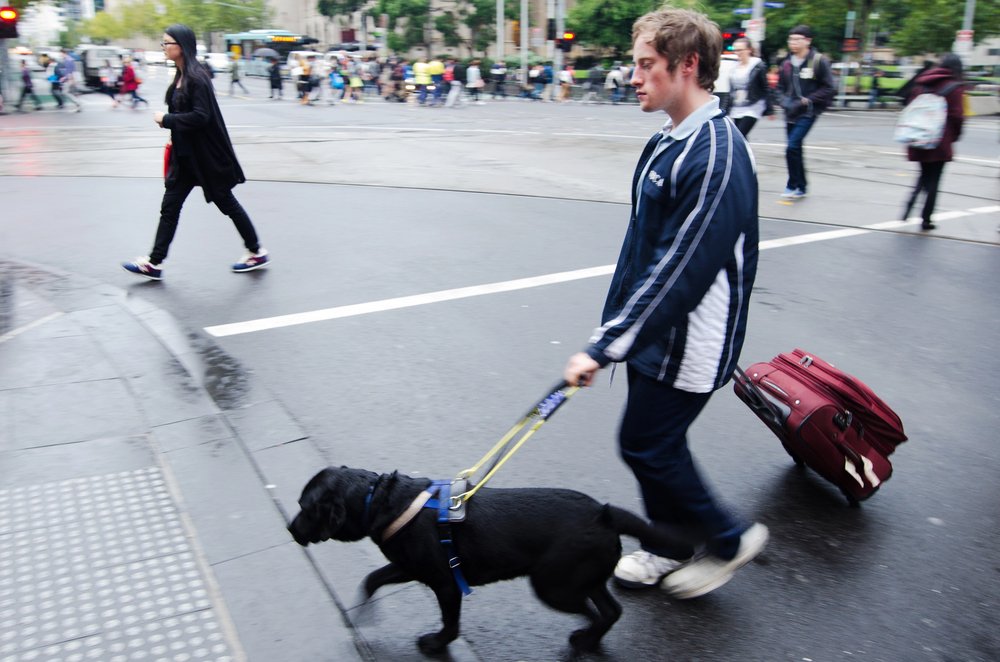
Even the hardest-working dogs need breaks. Allow your service dog time to rest and relax when they’re off duty. Overworking them can lead to stress and burnout. Create a cozy and quiet space where they can retreat and recharge.
8. Reinforce Training Consistently
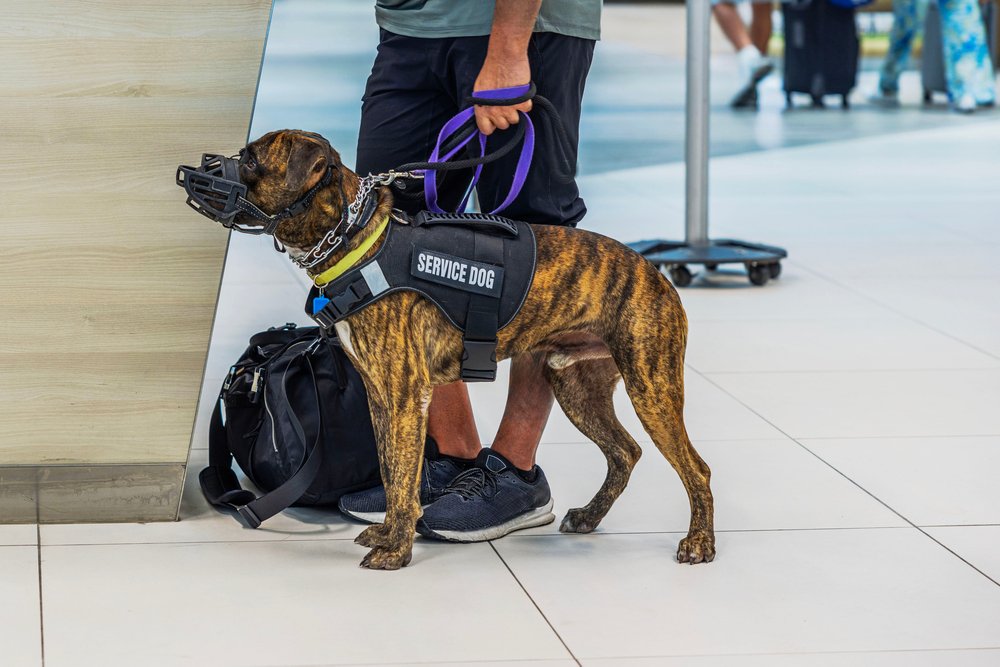
Consistency is key to maintaining a service dog’s training. Regularly practice their tasks and obedience skills to keep them sharp. Avoid unintentionally rewarding unwanted behavior, and always use positive reinforcement to encourage good habits.
9. Ensure Proper Socialization and Public Behavior
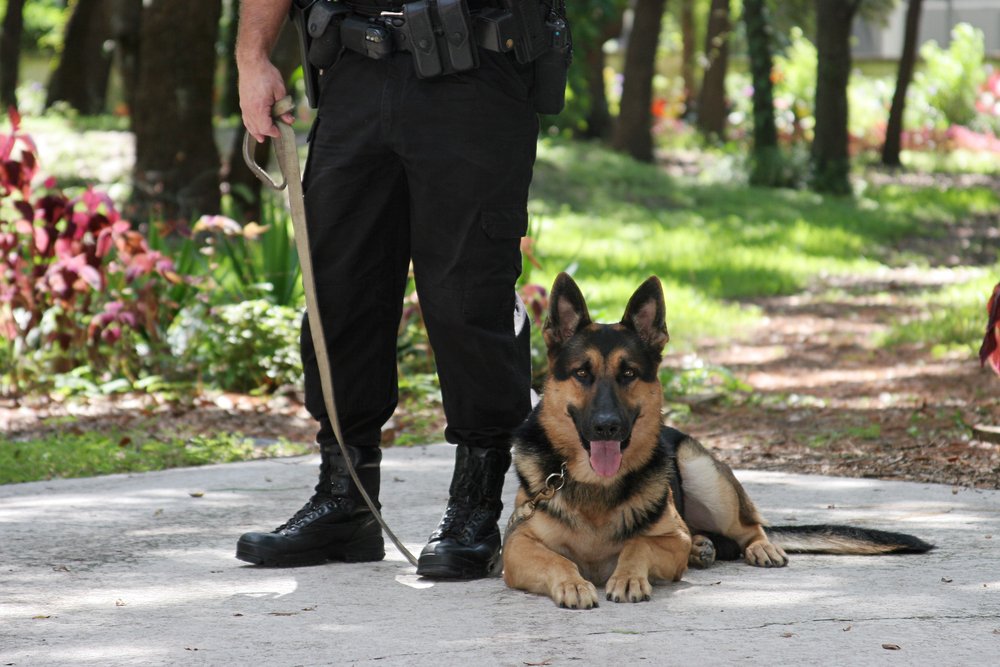
Service dogs must be calm and composed in public settings. Expose them to various environments, sounds, and people during their training to build their confidence. Always adhere to public access laws and etiquette, ensuring your dog is well-behaved and focused on their handler.
10. Show Gratitude and Build a Strong Bond
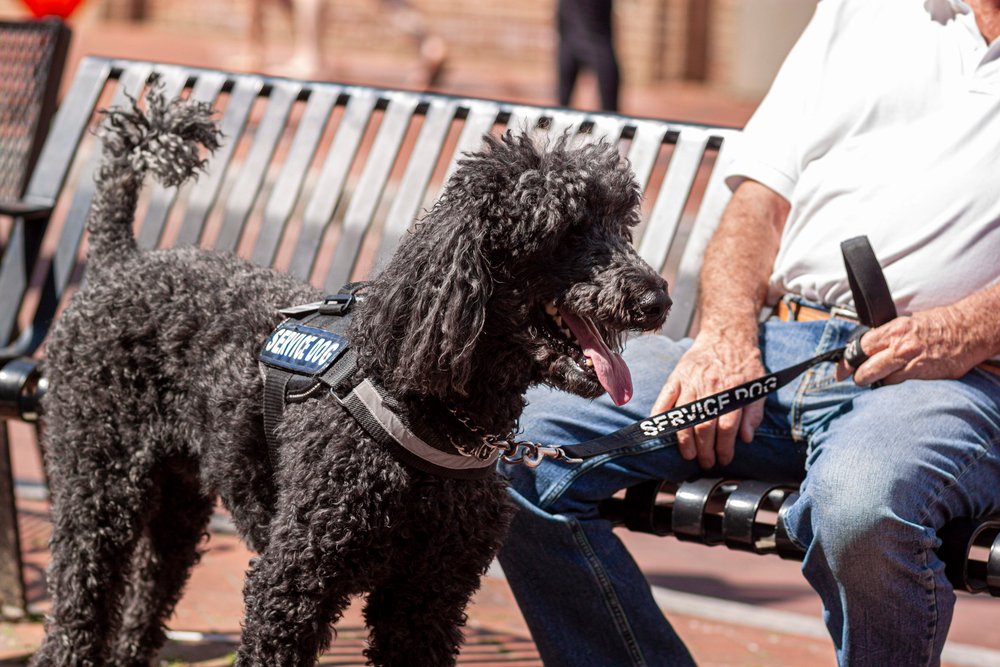
Service dogs dedicate their lives to helping their handlers, and they deserve appreciation. Spend quality time with your dog outside of their working hours. Play with them, cuddle, and express your gratitude through affection and care. Building a strong bond will deepen the trust and connection between you and your service dog. By following these guidelines, you’ll ensure your service dog remains healthy, happy, and ready to assist you in your daily life. Treat them with the respect and love they deserve, and they’ll continue to provide unwavering support and companionship.






